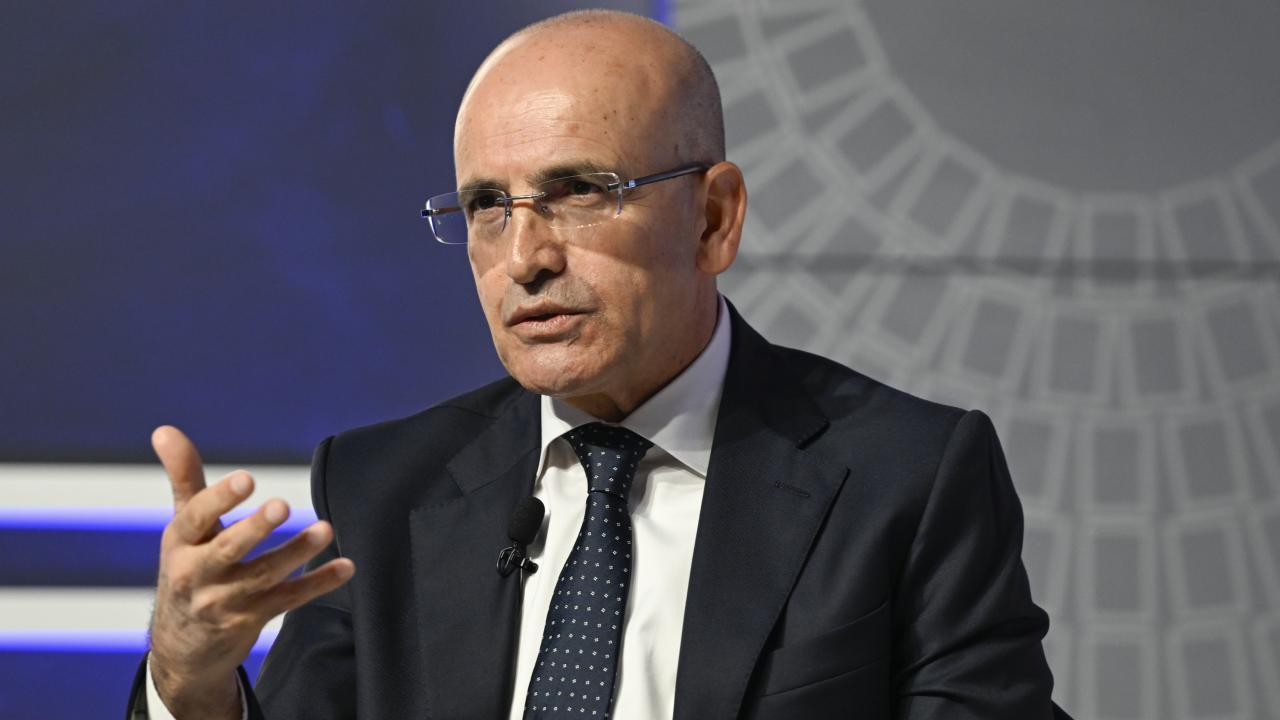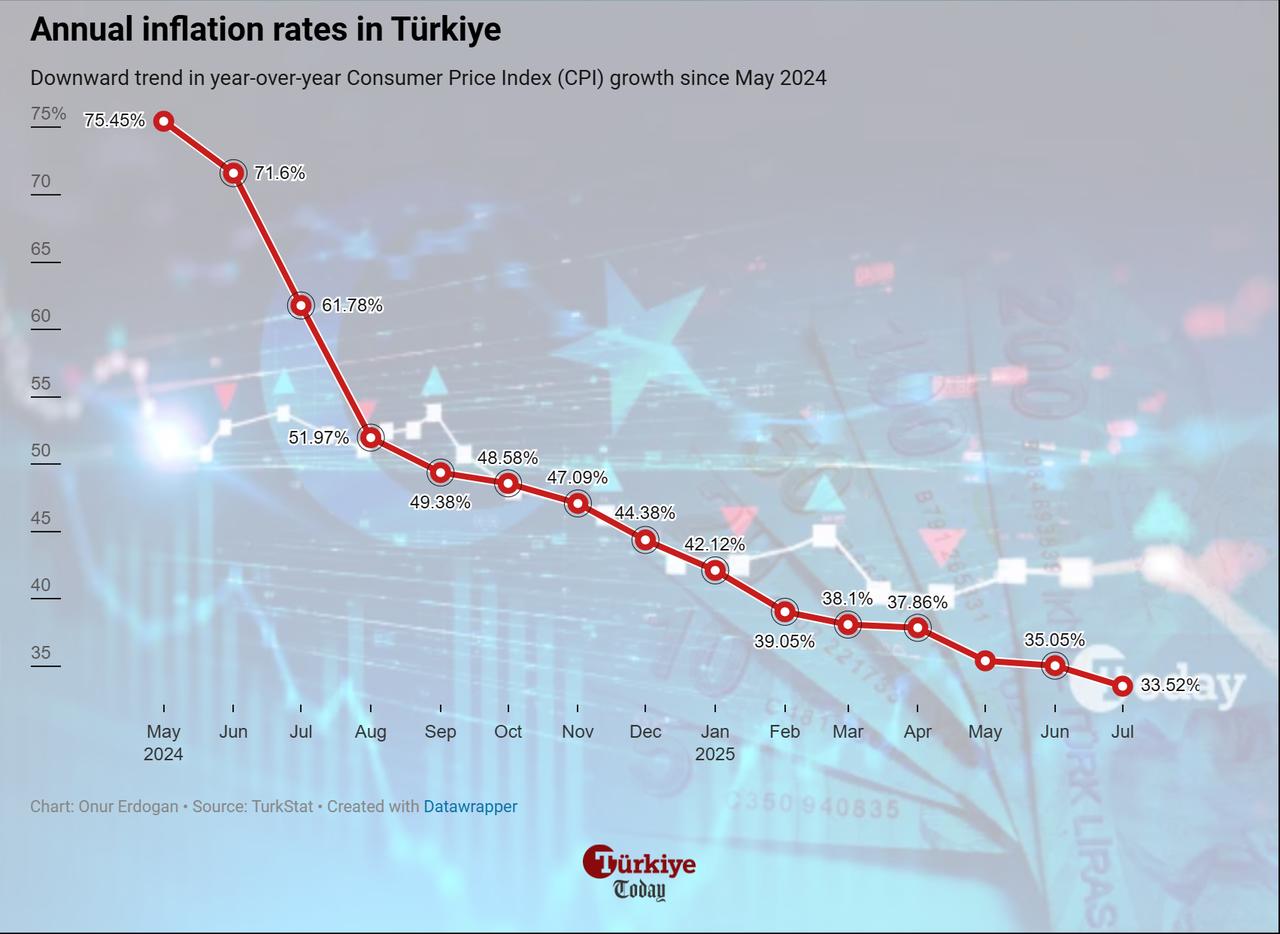
Permanent improvements in prosperity depend on restoring price stability, Treasury and Finance Minister Mehmet Simsek said, adding that the Turkish government’s economic program is aimed at reducing poverty and improving income distribution.
Responding to parliamentary questions on government policies, Simsek noted that economic reforms have been designed to ensure that all segments of society benefit from growth, emphasizing that price stability remains the foundation of lasting prosperity.
According to the Türkiye daily, Simsek said in his response that the government’s Medium-Term Program has contributed to more balanced growth and stronger financial conditions.
"Thanks to the program, growth has become more balanced, the current account deficit has declined sharply, the risk premium has decreased, foreign capital inflows have accelerated, and reserves have increased," he said.
"In this way, macro-financial stability has been reinforced, and the disinflation process has begun."
Türkiye’s economy grew 2% year-over-year in the first quarter of 2025, slowing from 3% in the previous quarter as the monetary tightening policy, with the policy rate held above 40% since late 2023, weighed on businesses.

Türkiye’s current account deficit narrowed to $10.19 billion in 2024 from $39.87 billion in 2023, according to figures from the Turkish central bank.
However, in the first half of 2025, the deficit widened to $23.09 billion, with an annualized figure of $18.92 billion as of June.
The five-year Credit Default Swap (CDS) premium, which shows how risky investors perceive lending to a country over five years, retreated to 264.92 from its peak at 882.20 in July 2022.
The Turkish central bank's figures also show that net acquisition of financial assets by foreigners surged to $9.5 billion in 2024 from $1.81 billion in 2023, while the international reserves surged to an all-time high at $174.4 billion as of Aug. 8.
Annual inflation also eased to 33.5% in July, the lowest since November 2021, as it has been slowing down for 13 months in a row since its peak at 75.5% in May 2024.

Simsek also underlined that the government has aimed to protect citizens’ income while fighting inflation.
“While combating inflation, we have implemented policies to safeguard the welfare and purchasing power of households,” he said.
“In this context, salaries and pensions have been increased above the inflation rate.”
The Turkish government raised the minimum wage by 49% to ₺17,002 ($572) for 2024, exceeding the inflation rate of 25.64% recorded since the last adjustment in the first half of 2023.
However, the government abandoned its policy of semiannual adjustments, which started in 2022, and returned to an annual change in 2024.
For 2025, the minimum wage was increased by 30% to ₺22,104 ($540), well below the annual inflation rate of 44.38%. Since the beginning of the year, the Turkish lira has depreciated by 19%, according to official figures.
Simsek noted that wage earners have been granted tax relief and urged a longer-term perspective on improvements in the financial conditions of minimum-wage earners and pensioners.
“Between December 2002 and July 2025, the lowest monthly pension increased by 621% in real terms."
“This increase was well above inflation, and it has continued to support the purchasing power of our retirees,” he said.